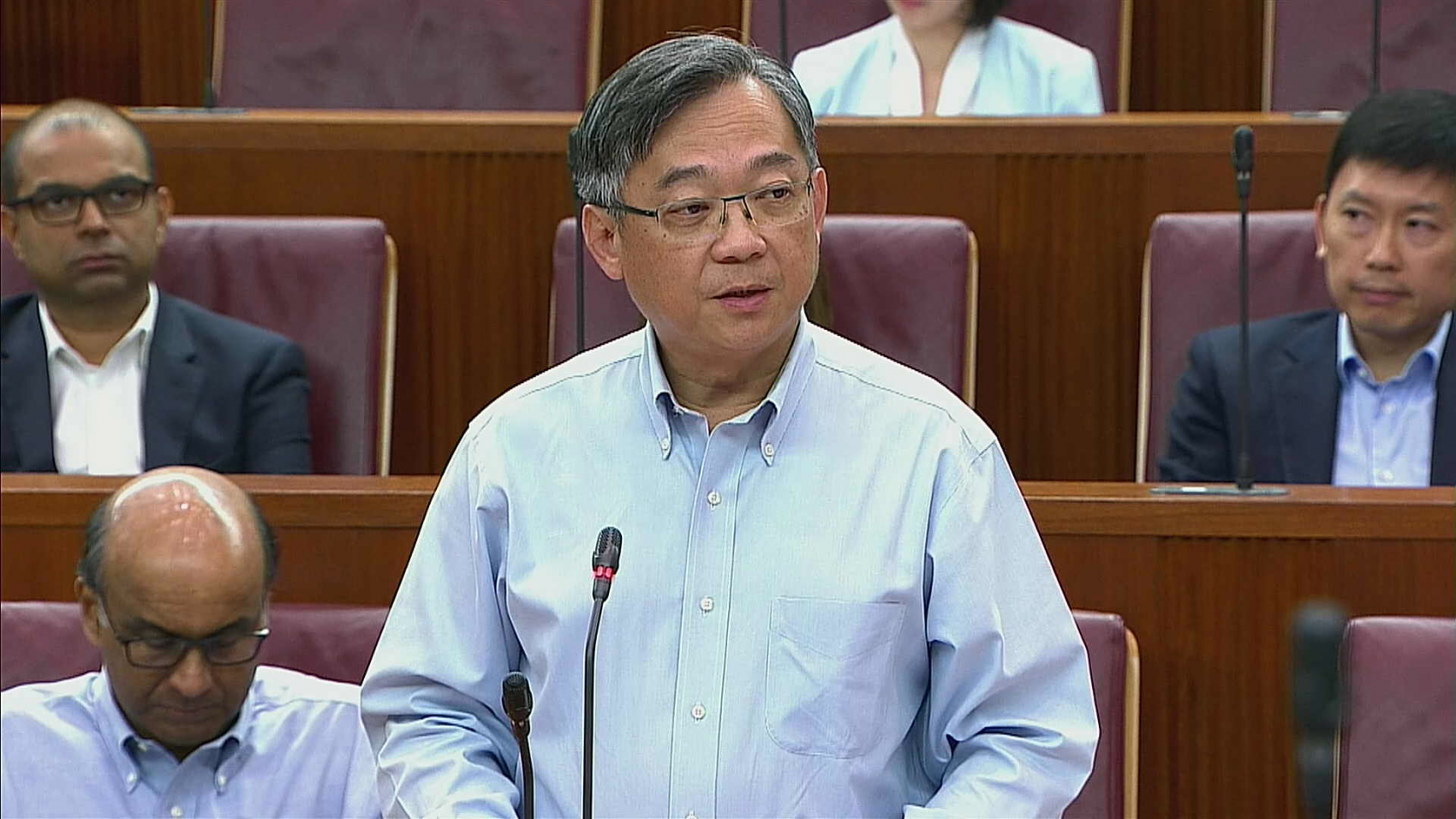Parliament: SMC's disciplinary hearings are slow, sentences sometimes unfair, says Gan Kim Yong
Sign up now: Get ST's newsletters delivered to your inbox

Health Minister Gan Kim Yong said one of the problems needed to be dealt with was "serious delays" of several years for cases to be heard.
PHOTO: GOV.SG
Follow topic:
SINGAPORE - There are major problems afflicting the Singapore Medical Council's (SMC) disciplinary process, such as long delays and unfair sentences, said Health Minister Gan Kim Yong.
The Health Ministry has therefore decided to do a thorough review to see how best to improve the way complaints against doctors - of which the council gets about 170 a year - are dealt with.
In a ministerial statement in Parliament, Mr Gan said that it was important for both doctors and the public to have full confidence in the transparency and fairness of the process and outcomes.
One of the problems needed to be dealt with, said Mr Gan, was "serious delays" of several years for cases to be heard.
"It currently takes too long for a case to be heard," he said. "Delays are unfair to the complainant who would be looking for closure.
"It is also unfair to the doctor, as it may prejudice the doctor's defence, affect his practice and livelihood, and cause unnecessary anxiety."
Another problem is the challenge the SMC faces in getting doctors to serve on the complaints and disciplinary committees.
A third problem is that in spite of the SMC's Ethical Code and Ethical Guidelines, "there is wide variance in interpreting standards of care".
More clarity is needed, the minister said, especially when it comes to telling families about patients' conditions, and on taking informed consent.
The fourth problem is the lack of consistency and fairness of sentences meted out.
Explaining this, Mr Gan said: "Some sentences are not commensurate with the circumstances of the case.
"Despite their best efforts, some disciplinary tribunals (DT) are too lax, while others are too draconian and the SMC has had to appeal to the Court against the sentences meted out. Two recent DT cases, for instance, involved unexpectedly high fines.
"But there have also been cases where DTs imposed sentences that were too low, and the SMC has had to appeal to the High Court to increase these sentences."
The two cases involved a doctor who was fined $100,000 for not telling his patient of the possible side effects of a common steroid injection, and a $50,000 fine for a doctor who had not verified that the person he provided sensitive patient information to was actually the patient's husband.
Doctors sent petitions on both these cases to ask the ministry and the SMC to review the judgments. Both cases have now been sent to the Court of Appeal for review.
A workgroup comprising senior doctors and lawyers, as well as laypeople, will make recommendations on how to tweak the SMC's disciplinary process.
A separate committee, chaired by Judge of Appeal Judith Prakash, will draw up sentencing guidelines "to ensure greater consistency and fairness".
Both recommendations are expected to be ready by the end of the year.

